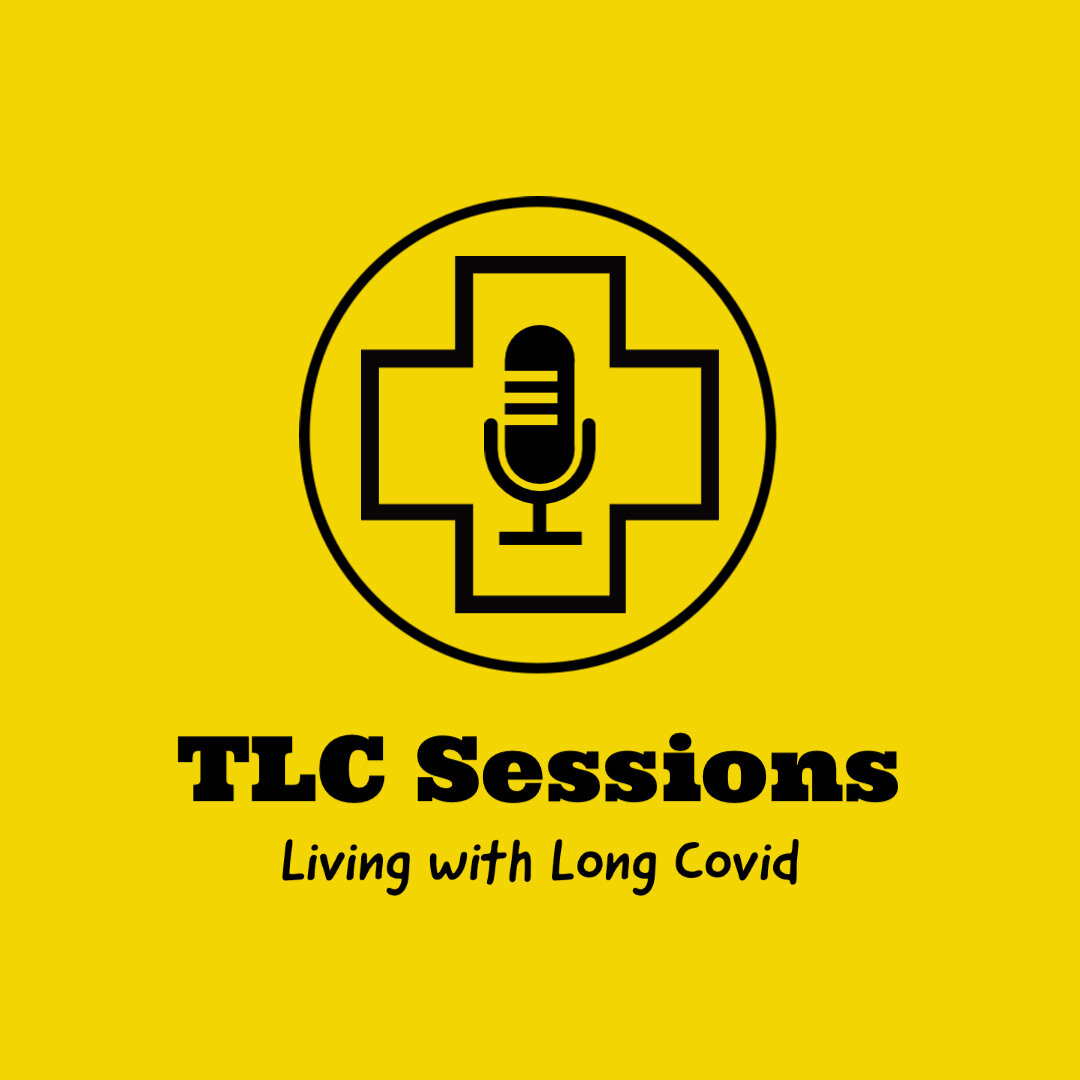Episode 75: Prof. David Cutler - the economics of Long Covid
David Cutler has spent his career assessing the economics of healthcare. From reforming Medicare to the impact of opioid addiction he has dug into the numbers, alongside the science, to provide a fiscal and human view of policy, pharmaceuticals and public health. He is a professor at Harvard University, where he teaches applied economics, and has served as a senior healthcare advisor to multiple presidential administrations.
Cutler's research focuses on various aspects of healthcare economics, including the impact of health on economic outcomes, the determinants of healthcare spending, and the evaluation of healthcare interventions. He has also extensively studied the economics of health insurance, pharmaceuticals, and healthcare delivery systems.
Whilst he is a staunch believer in reform, innovation and technology, Cutler is able to look at the current data objectively and for the past four years he has been taking a realistic view of the legacy of the pandemic. Initially assessing the costs of acute Covid to the U.S. economy (a staggering $16 trillion) he became aware of the long term economics implications of Long Covid.
Originally his estimates, published in JAMA in 2022, put the cost of the condition at $2.6 trillion, but as the enormity of the problem has continued to grow, he recently updated his forecast, suggesting that the cost of Long Covid could be in the real of $3.7 trillion. And that is only the cost for the U.S.A.
Cutler's work highlights the broader implications of Long Covid beyond its immediate health effects. Such illness might initially be viewed primarily as a human cost, possibly a social cost, and a personal financial cost - attributing the suffering solely to those that have the disease and those that are directly affected by them. But Cutler’s work and projections highlight that it is a financial burden on a national scale, which is replicated on an international scale. Long Covid affects the whole of society economically.
By quantifying its economic impact, he emphasizes the need for comprehensive strategies to address the long-term consequences of the pandemic. As policymakers and healthcare stakeholders grapple with the challenges posed by Long Covid, Cutler's insights provide valuable guidance for developing effective responses to this multifaceted issue.
Perhaps the enormity, when translated to cold, hard figures, can wake people up to the necessity of prompt action.

